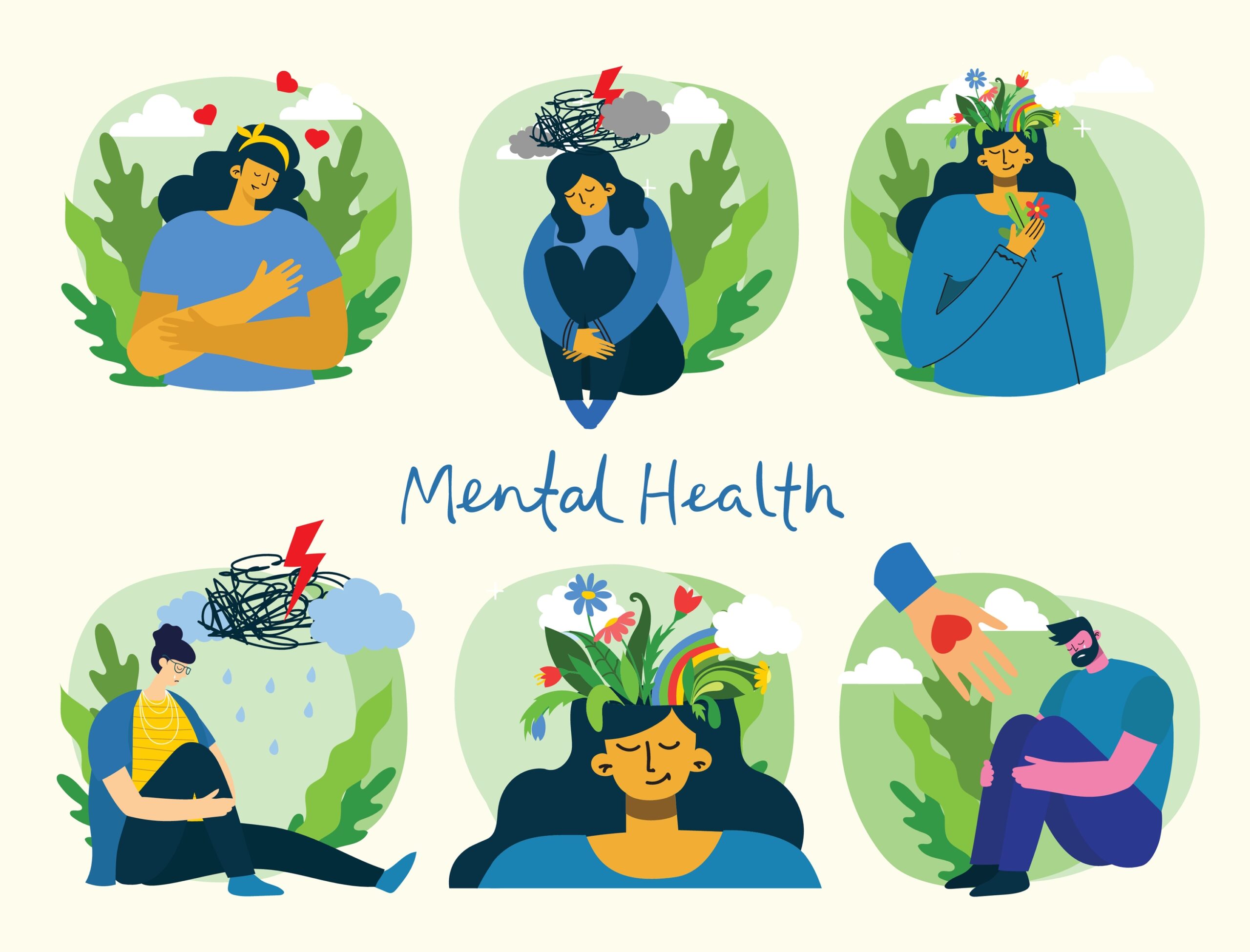Mental Health Awareness
While it was once considered a taboo topic of conversation, today more and more people are being open about their struggles with mental health, making it easier for people to recognise and seek help when they need it.
This last year has presented many challenges due to the pandemic. Many people have felt isolated and alone, job losses and furlough have altered day-to-day lives, and grief as a result of losing a loved one has made matters so much worse for so many.
Did you know that connecting with nature can be good for our mental health? We want to grow awareness of the role nature can play in preventing distress and creating good mental health for all.
Not just surviving, thriving
Good mental health is as important to our wellbeing as physical health – it’s an asset that helps us not just to survive but to thrive as well.
In an age where our lives are increasingly taken over with stress and busyness, it’s easy to assume ongoing stress is the price we have to pay.
Looking after your mental health

Good mental health is about more than just the absence of a mental health problem.
While modern medicine has made incredible strides to improve the health of our bodies and increase our life expectancy, we also need to prioritise good health for our minds.
Looking after your mental health doesn’t need to cost a fortune or take too much time.
Here are some practical steps you can take to promote good mental health in your life.
1. Talk about your feelings
Sharing your feelings with others can help you stay in good mental health and navigate difficult times. Don’t be afraid to open up to your friends and family and talk about your feelings as a way to cope.
2. Eat well and stay active
Looking after your body also has a positive effect on your mind. Eating well, getting enough sleep and staying active can all promote a strong, resilient mind.
3. Drink sensibly
We often rely on alcohol to change our moods. If you drink to deal with fear, stress or loneliness it can make you feel worse in the long run – while you might feel a temporary boost, alcohol can also leave you feeling low and depressed as the effects wear off.
4. Accept yourself
Accepting yourself and feeling good about who you are can give you the confidence to learn new skills, make new friends and cope better when life is difficult. Pursue things you enjoy and prioritise activities that can give you a sense of wellbeing and achievement, as these can all help boost your self-esteem.
5. Foster connections
Caring for others, staying in touch with friends and being able to ask for help when we need us helps foster good connections and feel a sense of community, which are all important for thriving mental health.
6. Keep in touch with Nature
Lastly, spending quality time with nature can reduce stress, balance your mood and help you feel more positive. The important thing is to switch on your senses and really connect – whether that’s noticing nature on your daily walk, or listening to the birds in your garden.
How do you look after your mental health? Do you feel like you’re thriving or just surviving? Share your experiences in the comments below.





















